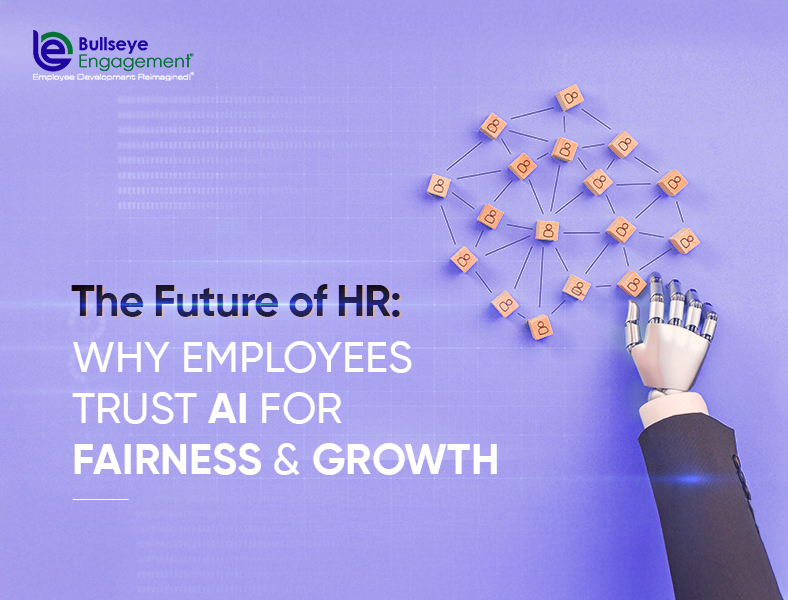Introduction:
Reflecting on the remarkable life of Dr. Martin Luther King Jr., we find his teachings profoundly resonant in our society, particularly in the workplace. King, an epitome of leadership, equality, and courage, offers timeless lessons that can deeply impact organizational culture, ethics, and practices. This blog explores how Dr. King’s principles inspire today’s workplace, fostering an environment of inclusivity, fairness, and collective progress.
Core Values and Leadership:
Dr. King’s leadership was rooted in core values such as equality, non-violence, and compassion. In today’s corporate world, these principles translate into leadership qualities that prioritize ethical decision-making, respect for all employees, and a commitment to social responsibility. Embracing a leadership style that mirrors Dr. King’s values can create a more ethical, empathetic, and transparent
workplace culture.
Diversity and Inclusion:
A pivotal aspect of Dr. King’s vision was his unwavering commitment to diversity and inclusion. Modern workplaces striving for innovation and creativity cannot overlook the importance of a diverse workforce. Inclusion goes beyond representation; it’s about creating an environment where every employee feels valued and empowered.
Overcoming Challenges:
Dr. King’s journey was marked by formidable challenges, yet his resilience and dedication to positive change were unwavering. In the corporate setting, facing challenges with resilience and a positive mindset can lead to transformative changes and strengthen the organization’s core.
MLK’s Influence on Modern HR Practices:
Dr. King’s advocacy for equality and justice has significantly influenced modern HR practices. Today, fair hiring practices, equal opportunity policies, and workplace ethics are not just legal requirements but moral imperatives. His legacy prompts HR professionals to continually assess and improve their strategies to ensure a workplace free of discrimination and full of opportunities for all.
Martin Luther King Jr.’s Inspirational Quotes:
In this section, we delve into some of Dr. King’s most inspirational quotes, each shedding light on different aspects of his philosophy:
1. “Life’s most persistent and urgent question is, ‘What are you doing for others?”
This quote encapsulates the essence of selflessness and service, vital in building a collaborative and supportive
workplace.
2. “The ultimate measure of a man is not where he stands in moments of comfort and convenience, but where he stands at times of challenge and controversy.”
A powerful reminder of the importance of resilience and integrity in leadership.
3. “We must learn to live together as brothers or perish together as fools.”
This speaks to the necessity of embracing diversity and fostering a harmonious work environment.
4. “Injustice anywhere is a threat to justice everywhere.”
A call to uphold fairness and justice in all aspects of workplace management.
5. “Darkness cannot drive out darkness; only light can do that. Hate cannot drive out hate; only love can do that.”
Highlighting the power of positivity and compassion in overcoming workplace conflicts and challenges.
6. “I have a dream that my four little children will one one day live in a nation where they will not be judged by the color of their skin, but by the content of their character.”
This iconic quote inspires us to cultivate a workplace culture where individuals are valued for their abilities and character, not their background.
Conclusion:
As we honor Martin Luther King Jr., let us commit to embodying his values in our professional lives. By integrating his teachings into our workplace ethics and culture, we create environments that are not only productive and innovative but also reflective of principles of justice, equality, and respect for all individuals. Let’s draw inspiration from Dr. King’s legacy to build organizations that are successful and pillars of ethical and inclusive practices.

















